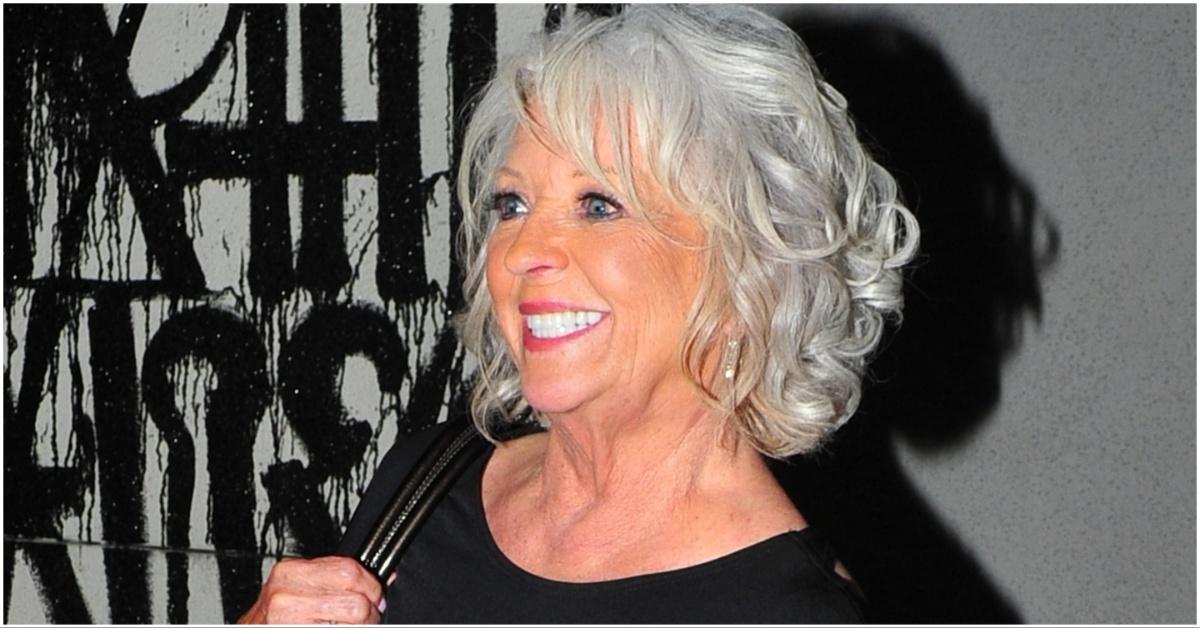Paula Deen Controversy Explained: The Scandal That Made Her a Workplace Cautionary Tale
Many employers consider Paula Deen to be a cautionary tale on what they should avoid doing in the workplace.
Published Aug. 20 2025, 3:25 p.m. ET

For years, Paula Deen was the queen of Southern cooking. Butter-heavy recipes, a booming laugh, and a warm TV presence made her a household name. But in 2013, all of that came crashing down. The controversy that Paula Deen created didn’t just end her Food Network run — it turned her into a cautionary tale.
So, what happened? A former restaurant manager sued Paula and her brother, accusing them of workplace discrimination and harassment. According to NPR, it was in a 2013 deposition that Paula admitted to using racial slurs in the past and talked about wanting a “plantation-style” wedding. Once that went public, her empire started unraveling — fast.

The controversy of Paula Deen started with a deposition that changed everything.
When a former employee at one of Paula’s Savannah restaurants filed a lawsuit alleging racist remarks and sexual harassment, it made waves — but nothing like what came next. During that deposition, Paula confirmed she’d used the N-word in the past. She also described a themed wedding idea that sounded more like a scene from Gone with the Wind than anything acceptable in a modern workplace.
Her comments weren’t just outdated — they were tone-deaf. While she tried to explain that she was referring to a different time and place, the public response was clear: it wasn’t okay. Not anymore. Not ever. What she said went viral and her words were no longer just part of a lawsuit — they were a brand crisis and an PR nightmare.
Big brands pulled the plug on working with Paula almost overnight.
Once the deposition hit the news, sponsors scrambled. Walmart? Gone. Target? Out. Smithfield Foods, Caesars Entertainment, Home Depot — all dropped her. According to ABC News, more than a dozen companies cut ties in just a few days.
And the Food Network? They didn’t renew her contract, ending an 11-year partnership. That alone sent a loud message: being beloved on TV doesn't protect you from the consequences of public backlash.
It was a PR disaster that grew by the hour. Social media lit up. Articles poured in. And Paula? She released a string of apologies — some via video, some through interviews — but none seemed to land quite right.
The fallout turned into a business school case study in what not to do.
What makes this situation stick isn’t just the scandal itself — it’s how Paula responded to it. Her apology videos felt awkward. Her Today show interview with Matt Lauer? Emotional, yes, but also stiff and strangely defensive. Instead of settling things down, it stirred more criticism.
HR professionals and business leaders still point to it as a lesson in leadership missteps. As Employment Law Worldview notes, companies took away one big message: if you’re the face of a brand, your behavior — past or present — can have real consequences.
This wasn’t just about one lawsuit. It became a flashpoint for how companies navigate public controversy, especially when it involves issues of race, power, and accountability.
Yes, Paula still has fans. She’s got restaurants, cookbooks, and a YouTube channel where she’s still doing what she loves — cooking for the camera. But her mainstream career? It never fully recovered. She’s no longer the go-to name in Southern cuisine. And for a lot of people, that one moment in 2013 still defines her.